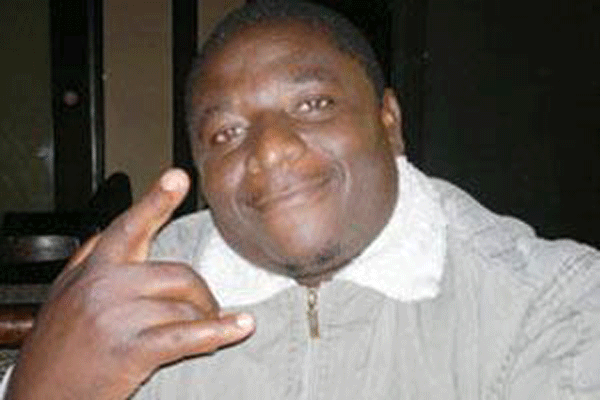
When an artist performs “behind the scenes” in a popular music group, they often feel like they need another outlet to express themselves. In most cases, those who choose to go solo end up being flops, which compels them to retrace their roots while others merely fall into an abyss.
By Moses Mugugunyeki
While many solo efforts have proved to be damp squibs, there are a few cases where artists have blown up even bigger as solo acts after leaving their successful groups.
The late Andy Brown rose to prominence after leaving a star-studded outfit Ilanga to form his own group, The Storm, while the late sungura ace System Tazvida who was a “kit boy” at Khiama Boys became a darling of many with his Chazezesa Challengers. Likewise, Alick Macheso, who was unknown at Khiama Boys until he formed Orchestra Mberikwazvo, is now a big brand on the entertainment scene.
However, there have been many instances where a number of artists’ solo work has turned out to be disastrous and often more unpopular. Many have been likened to the proverbial prodigal son when they retrace their roots after their solo careers turn out not to be so rosy.
With three albums under his belt and a fourth coming out next week, former Orchestra Mberikwazvo lead guitarist Zakaria Zakaria aka Zaka Zaka said he was doing fine after weaning himself from the sungura outfit.
“There is no way I would retrace my roots when my solo project is doing well. Zaka Zaka is now a branch growing on its own,” Zakaria told The Standard Style last week.
But, it seems one of the country’s finest guitarists is finding the going tough since the time he left Macheso to pursue a solo career. His three albums Teererai (2011), Zvisina Godo (2012) and Zviroto (2013) did not make the grade, but Zaka Zaka insists his first two projects were “victims” of piracy.
- Chamisa under fire over US$120K donation
- Mavhunga puts DeMbare into Chibuku quarterfinals
- Pension funds bet on Cabora Bassa oilfields
- Councils defy govt fire tender directive
Keep Reading
“My first and second albums were done exceptionally well, but their success was hamstrung by piracy,” he said.
He admitted that his 2013 project Zviroto was a flop and a dream that did not come true as the name suggests. Zaka Zaka said he had since compensated that with a new album Mafaro Chete expected to hit the streets on Friday.
“It’s only that we had some logistical challenges. The new album was supposed to have been released a few weeks ago, but it’s coming out on Friday. The album is pure museve and fans should look forward to songs like Rairo, Maoko Maranda and Ndiwe,” he said.
Zaka Zaka, who carved a niche for himself as a lead guitarist at Orchestra Mberikwazvo, said there was no bad blood among the three — himself, Macheso and his brother Nicholas.
“We are always in touch and we share ideas. We are planning to have a collaborative album which will feature the three of us, but it’s something that’s still at the embryonic stages,” he said.
With his seven-member outfit, the Chilli Boys, Zaka Zaka has been performing in and outside Harare, mainly at farms, mines and growth points.
Last week on Sunday, he performed at Tanza Centre in Chitungwiza in front of a handful of patrons. His performance was shambolic and he did not look like someone who is contesting for the sungura throne with the likes of Macheso, Nicholas and young Peter Moyo.
The instruments looked obsolete and the Chilli Boys — the bulk of whom he nurtured — looked lost on stage. However, Zaka Zaka said his new album would do the talking.
“We are growing, but I will prove a point with the new album. Fans should not write us off because the album Mafaro Chete will mark the return of Zaka Zaka and the Chilli Boys,” he said.
Zaka Zaka and Macheso left Khiama Boys in 1997 to form their own group Orchestra Mberikwazvo. They led the sungura outfit to become a household name and even took the glamour away from their mentor Nicholas, who was leading the Khiama Boys.











